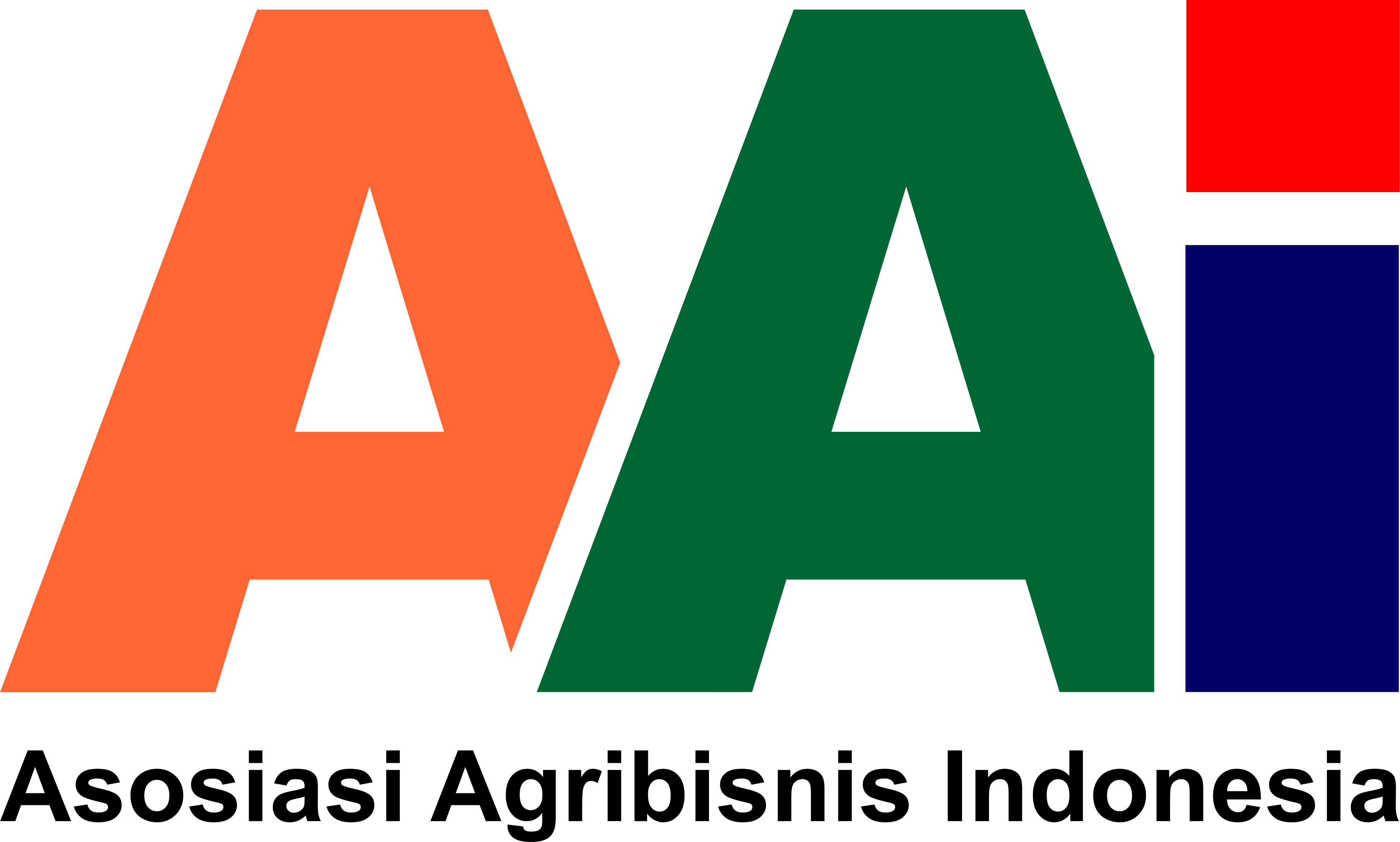Preferensi Masyarakat Terhadap Sagu Sebagai Sumber Pangan Masyarakat Suku Malind Yeinan Di Kampung Poo, Distrik Jagebob-Merauke
Abstract
The research aims to analyze the preferences of the local Papuan people of Yeinan towards sago consumption and analyze any preferences that are more dominant in the selection of sago commodities as local food. The study was conducted in Poo Village, Jagebob District, Merauke Regency, for two (2) months, namely from May to June 2018. The population in this study was the entire community of Poo village. The technique of determining samples is done randomly ( Random Sampling ), data analysis is done by qualitative and quantitative analysis methods using multiple linear regression analysis. The results of the regression analysis showed that people's preference for sago consumption (Y): at the 5% level based on taste (X 1 ) with a significant value of 0.107 did not significantly influence the amount of sago consumption,
processing variable (X 2 ) with a significant value of 0.440 no significantly affect the amount of consumption of sago, and the variable resistance (X 3) deng an significant values of 0, 5 58 did not significantly affect the amount of consumption of sago. So from the results of this study that people's preference for sago consumption is not influenced by the variables of taste, processing, and endurance. Where the R value of 0.212 is obtained, which is low and the R square value is 0.045 or 4,5 %.
Keywords: preference, sago, yeinan tribe
References
Jakarta.
Bachri, S. 2011, Tesis Identifikasi lahan sagu dan potensi pemanfaatannya secara berkelanjutan
dikabupaten Jayapura. Magister sains, program pasca sarjana, Institut Pertanian Bogor,
Bogor.
Bintoro, M.H. 2008. Bercocok Tanam Sagu. IPB Press. Bogor.
Bintoro, M.H. 2013. BPS Merauke Dalam Angka. Luas Hutan Sagu.
Dick. Felixs. Palit, H. C 2013. Analisis persepsi dan preferensi kualitas buah tropis
Flach, M. 2005. A Simple Growth Model Sago Palm cv. Molat-Ambrutub. And It’s Applications
for Cultivation. Abstracts of The Eight International Sago Symposium in Jayapura,
Indonesia. Japan Society for Promotion Science.
Hasan, M. i. 2002. Pokok-pokok Materi Metodologi Penelitian Dan Aplikasinya. Ghalia
Indonesia. Bogor.
Ibrahim, K Gunawan, H. 2015. Dampak kebijakan konversi lahan sagu sebagai upaya
mendukung program pengembangan padi sawah dikabupaten Halmahera Barat,
Maluku.
Kadir. 2015. Statistika Terapan: Konsep, Contoh Dan Analisis Data Dengan Program Spss
Dalam Penelitian. Jakarta: Pt Raja Grafindo Persada.
Lestari, T. 2009. Dampak Konversi Lahan Pertanian Bagi Taraf hidup Petani. Skripsi. Bogor.
Institut Pertanian Bogor.
Nazir, Moh. 2005. Metode Penelitian. Jakarta: Ghalia Indonesia
Notohadiprawiro dan Louhenapessy JE 1992. Potensi sagu dalam penganekaragaman bahan
pangan pokok ditinjau dari persyaratan lahan makalah ini disampaikan dalam rangka
simposium sagu nasional yang diselanggarakan pada tanggal 12-13 0ktober 1992 di
ambon.
Rusli, Y. 2007. Pengembangan Sagu di Indonesia: Strategi, Potensi dan penyebarannya.
Prosiding Lokakarya Pengembangan Sagu di Indonesia. Pusat Penelitian dan
Pengembangan Perkebunan. Bogor.
Wiyono B. Dan T. Silitonga. 1988. Potensi Sagu dan Turunannya sebagai Bahan Baku
Industri. Jurnal Penelitian dan pengembangan Kehutanan, vol, IV, no.1. Hlm.:1-8
The authors who publish in Musamus Journal of Agribusiness agree to the following terms:
- Authors retain copyright and grant the journal right of first publication, with the work simultaneously licensed under a Creative Commons Attribution License that allows others to share the work with an acknowledgement of the work's authorship and initial publication in this journal.
- This journal provides immediate open access to its content. All the articles are licensed under a Creative Commons Attribution-NonCommercial-ShareAlike 4.0 International License.
- Authors grant the journal the following rights: (1) first publication and distribution of the article, (2) making it available to the public, and (3) public presentation.
- Authors have the right to enter into separate contractual arrangements for posting the article to an institutional repository or publishing it in a book with an acknowledgement of its initial publication in this journal.
- Authors are permitted to post citations from their work online (e.g., on their website) with an acknowledgement of its initial publication in this journal






.gif)








v1.png)
3.png)

